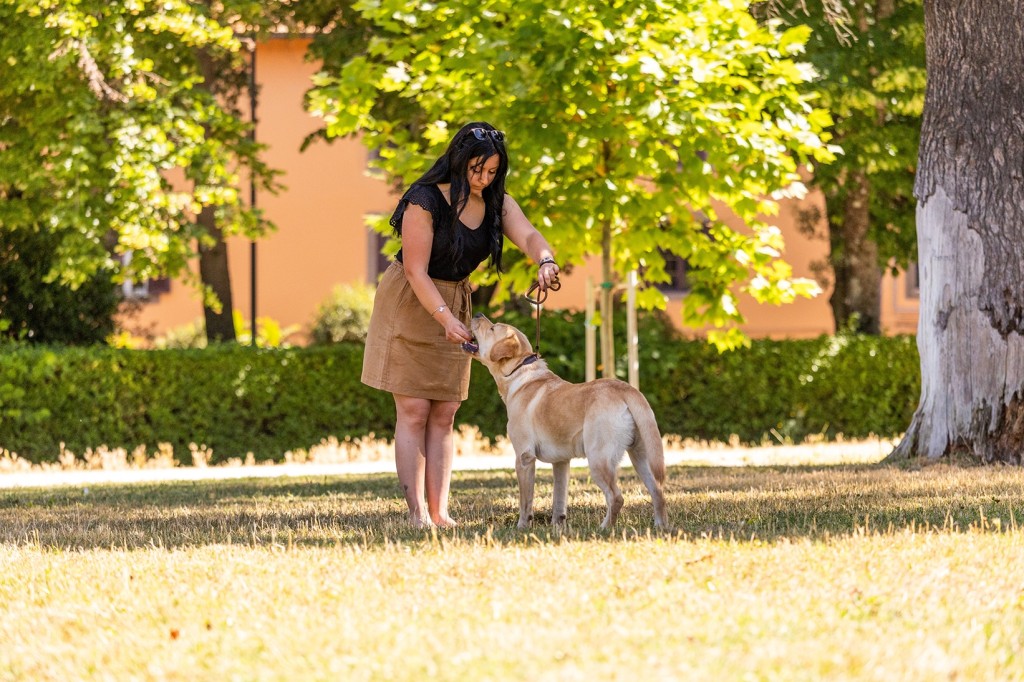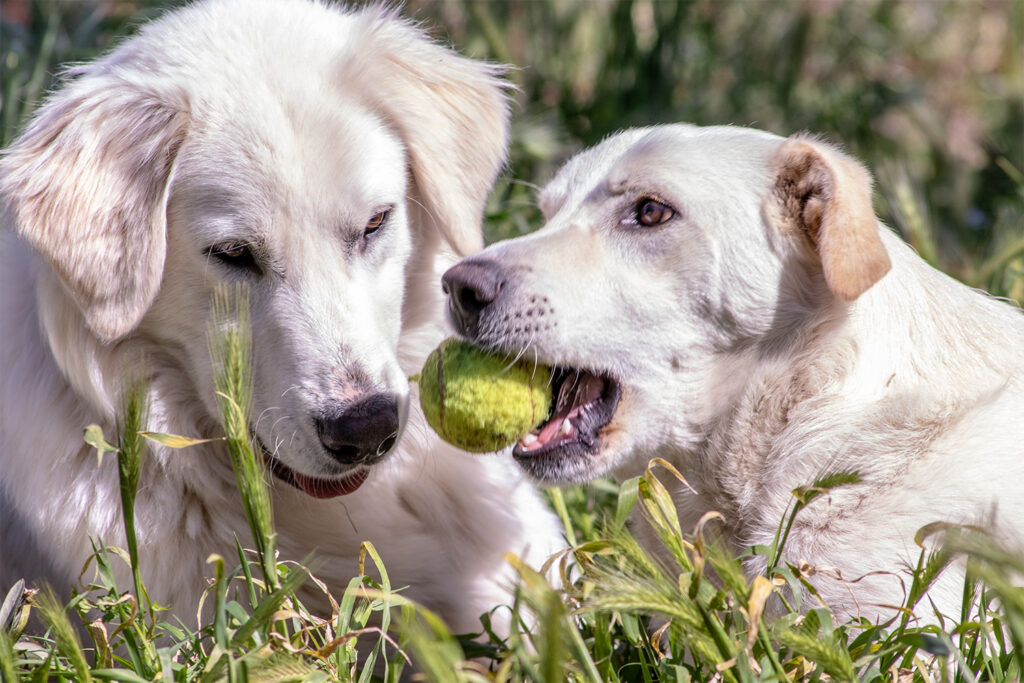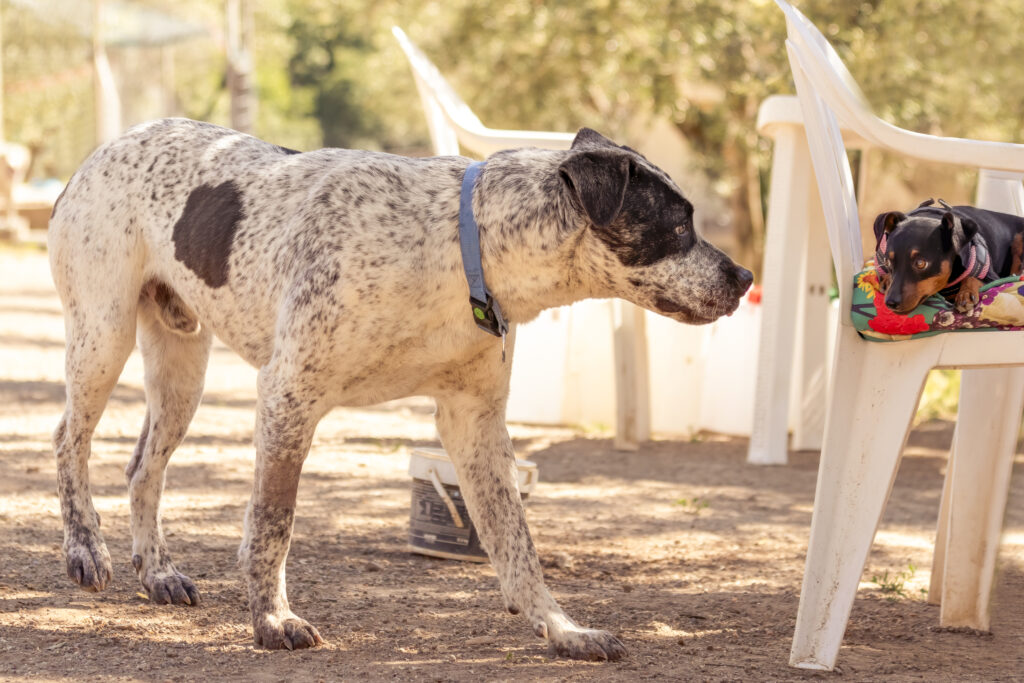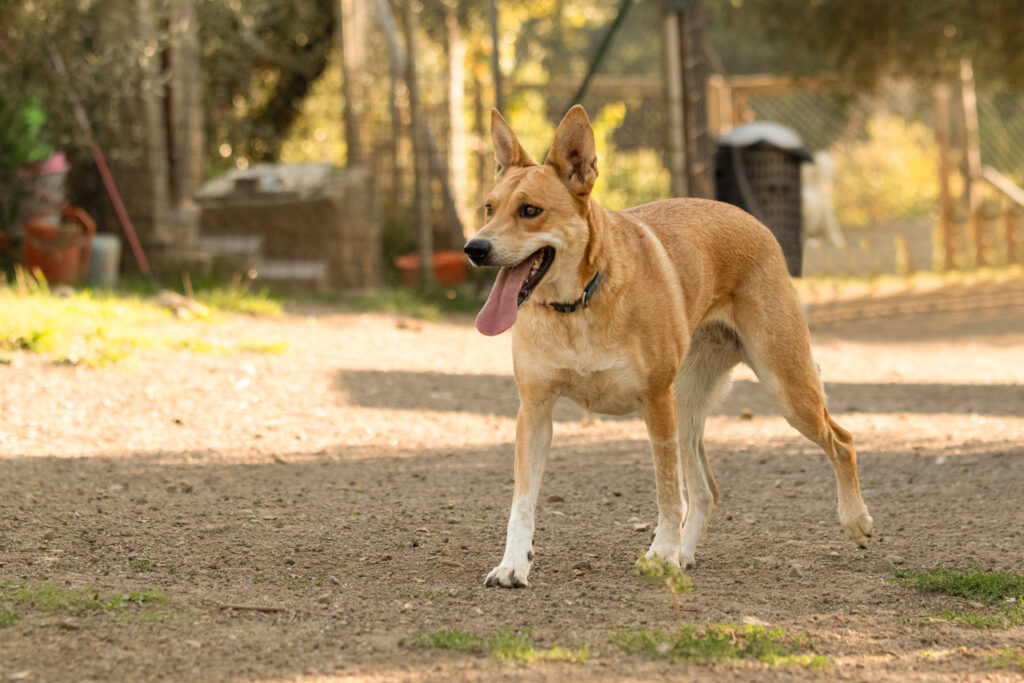Hey there, dog lovers and curious minds! It’s Niki, the intelligent and well-behaved English Setter here. As a dog who loves solving puzzles, I’m always intrigued by the inner workings of the dog-human relationship. Today, I’m going to share some insights on the psychological aspects of the bond between our canine selves and our favorite humans.
- The Origins of Dog-Human Relationships

To better understand the psychology of our bond, let’s start with the origins of dog-human relationships. The domestication of dogs began thousands of years ago, when humans and wolves started working together to hunt and survive. Over time, this partnership evolved, and dogs became more than just hunting companions; they became our protectors, friends, and family members.
- Attachment and Bonding

One key aspect of the dog-human relationship is the attachment and bonding that occurs between us. Just like humans form attachments with their family members and friends, dogs develop strong bonds with their human companions. This attachment is rooted in our evolutionary history and is reinforced by the release of oxytocin, the “love hormone,” which helps to create a strong bond between dogs and humans.
- Communication and Understanding

Effective communication is essential in any relationship, and the dog-human bond is no exception. Dogs and humans have developed unique ways of communicating with each other, such as body language, vocalizations, and even facial expressions. Humans can learn to understand their dog’s emotions and needs by paying attention to these subtle cues, while dogs are skilled at interpreting human body language and vocal tones.
- The Social Nature of Dogs

Dogs are inherently social creatures, and this social nature plays a crucial role in the dog-human relationship. We thrive on interaction and companionship, and our social instincts make us more attuned to the emotions and needs of our human companions. This social awareness allows us to form strong bonds with humans and makes us excellent at providing emotional support and companionship.
- The Benefits of Dog-Human Relationships

The psychological bond between dogs and humans has numerous benefits for both parties involved. For humans, the companionship of a dog can help to reduce stress, improve mental and physical health, and even increase longevity. For dogs, a strong bond with their human companion can lead to a happy, well-adjusted life with a sense of purpose and belonging.
In conclusion, the dog-human relationship is a fascinating and complex bond that has evolved over thousands of years. By understanding the psychology behind this bond, we can better appreciate the deep connection between canines and their human companions and work to strengthen and nurture this extraordinary relationship.
Sources:
- The dog-human connection in evolution https://neuroanthropology.net/2010/08/23/the-dog-human-connection-in-evolution/
- Tracking the evolutionary origins of dog-human cooperation: the “Canine Cooperation Hypothesis” https://www.frontiersin.org/articles/10.3389/fpsyg.2014.01582/full
- Dogs Have Co-Evolved With Humans Like No Other Species https://www.discovermagazine.com/the-sciences/dogs-have-co-evolved-with-humans-like-no-other-species











